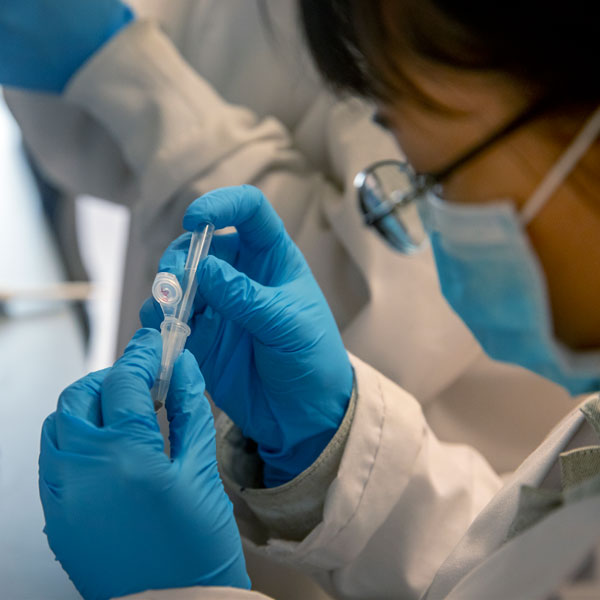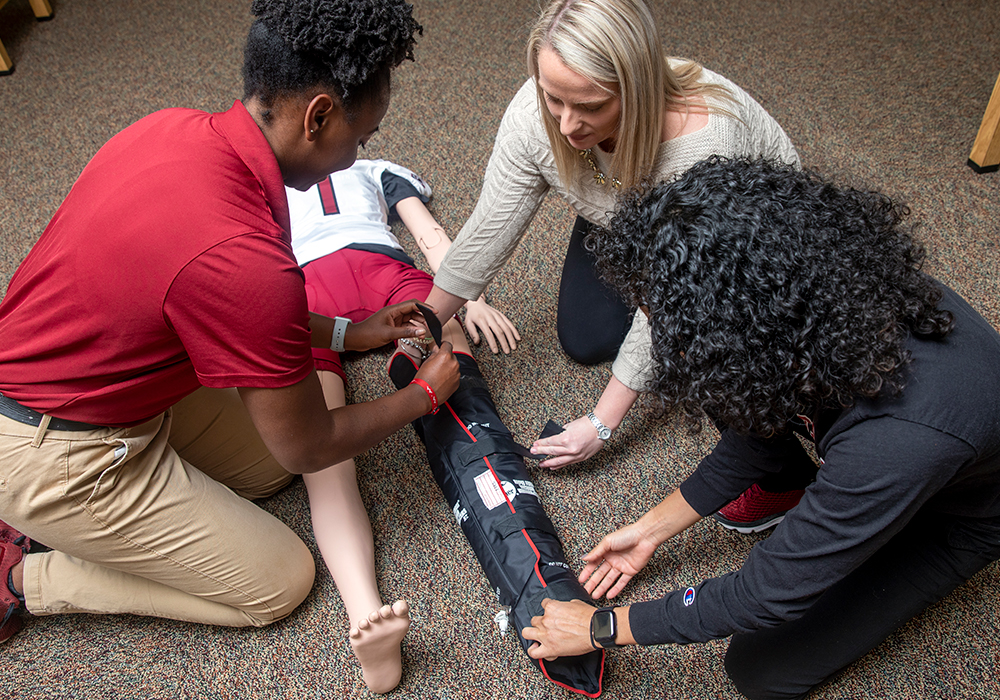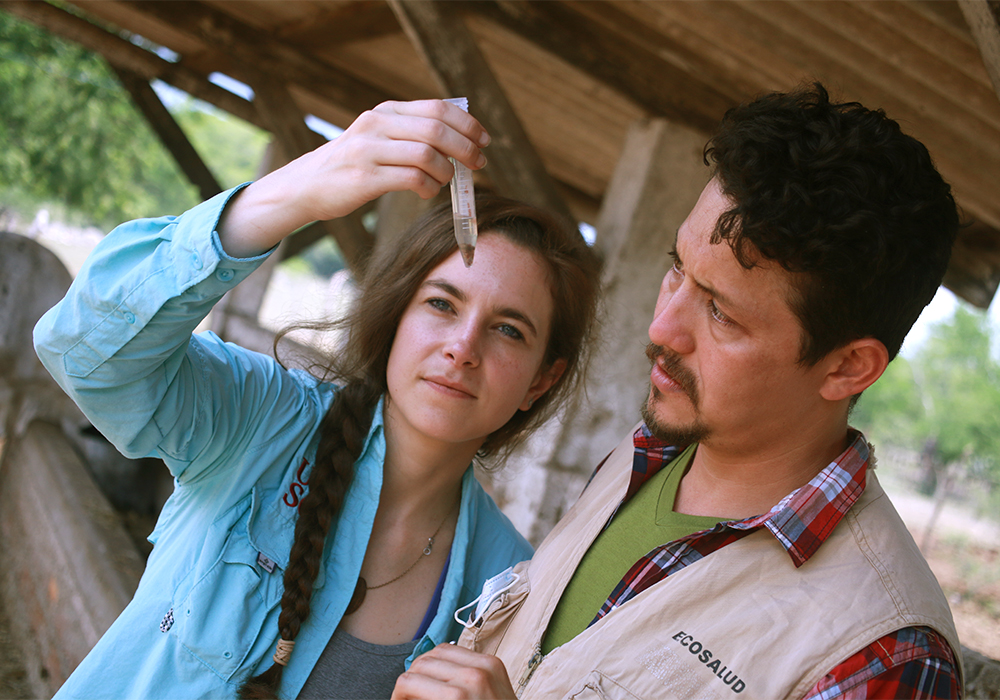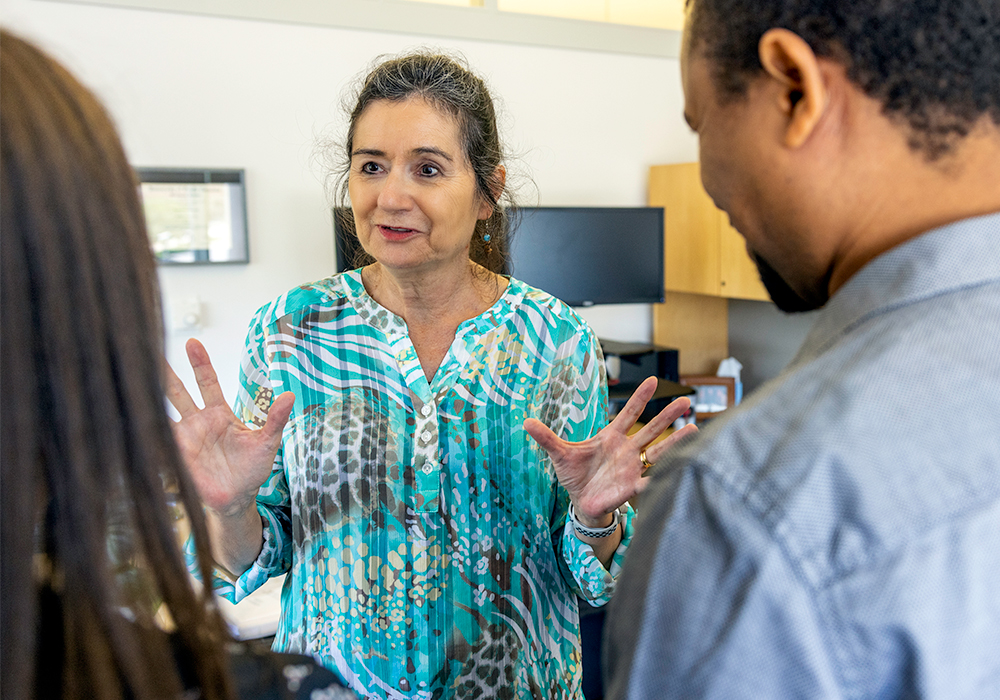
Arnold School of Public HealthAt a Glance
The University of South Carolina Arnold School of Public Health is educating the next generation of public health practitioners, educators and researchers dedicated to improving community health and advancing disease prevention.
The Arnold School — one of the nation’s first schools of public health — is the only school of public health in South Carolina that meets comprehensive accreditation requirements. For 50 years, it has been South Carolina’s go-to resource, partner and leader in public health research and education. What’s more, the Arnold School has earned recognition as one of the nation’s leading research institutions, ranking in the top 5 among all public universities in funding from the National Institutes of Health.
-

Researchers find rare intestinal parasite could affect 1 in 20 South Carolinians
Strongyloides stercoralis is an intestinal parasite rarely seen in the U.S. University of South Carolina researchers Dr. Melissa Nolan and Dr. Matthew Haldeman wondered if these worms might still be lingering under the radar in South Carolina. What they found surprised them.
-

2026 heart health faculty experts list
February is American Heart Month. The University of South Carolina is home to many faculty members who are available to offer their expertise in cardio care and research.
-

Class of 2025 December graduates
As the December Class of 2025 prepares to walk across the commencement stage, graduates leave the University of South Carolina with memories of enduring friendships, newfound passions, supportive mentors and life-changing experiences.
-

School of Medicine Greenville student reflects on how USC helped him develop a global perspective
Studying abroad during undergrad at USC helped JD Dawson, a third-year medical student at the School of Medicine Greenville, develop a global perspective on health care that he’s carried into his postgrad education.

From Aphasia to Rural Health
The Arnold School houses and partners with a wide array of centers, institutes and programs that conduct research, translate and disseminate data, and connect with the public through clinical and other services. Its outreach impacts countless populations in South Carolina and the world. The Arnold School is home to the nation’s oldest Alzheimer’s Disease Registry, which began gathering data in 1988 — a full 20 years before the next oldest registry of its kind.
CENTERS AND PROGRAMS


